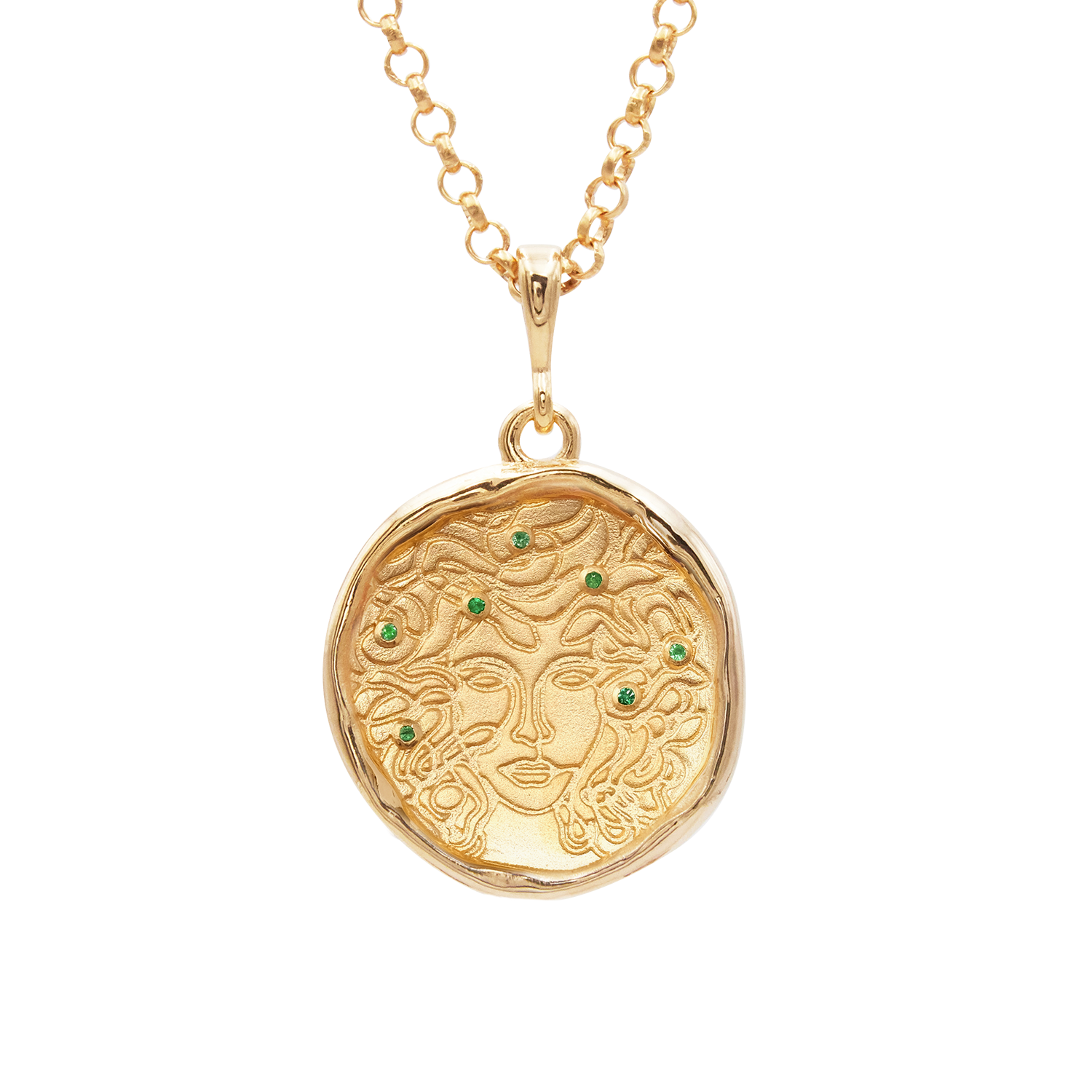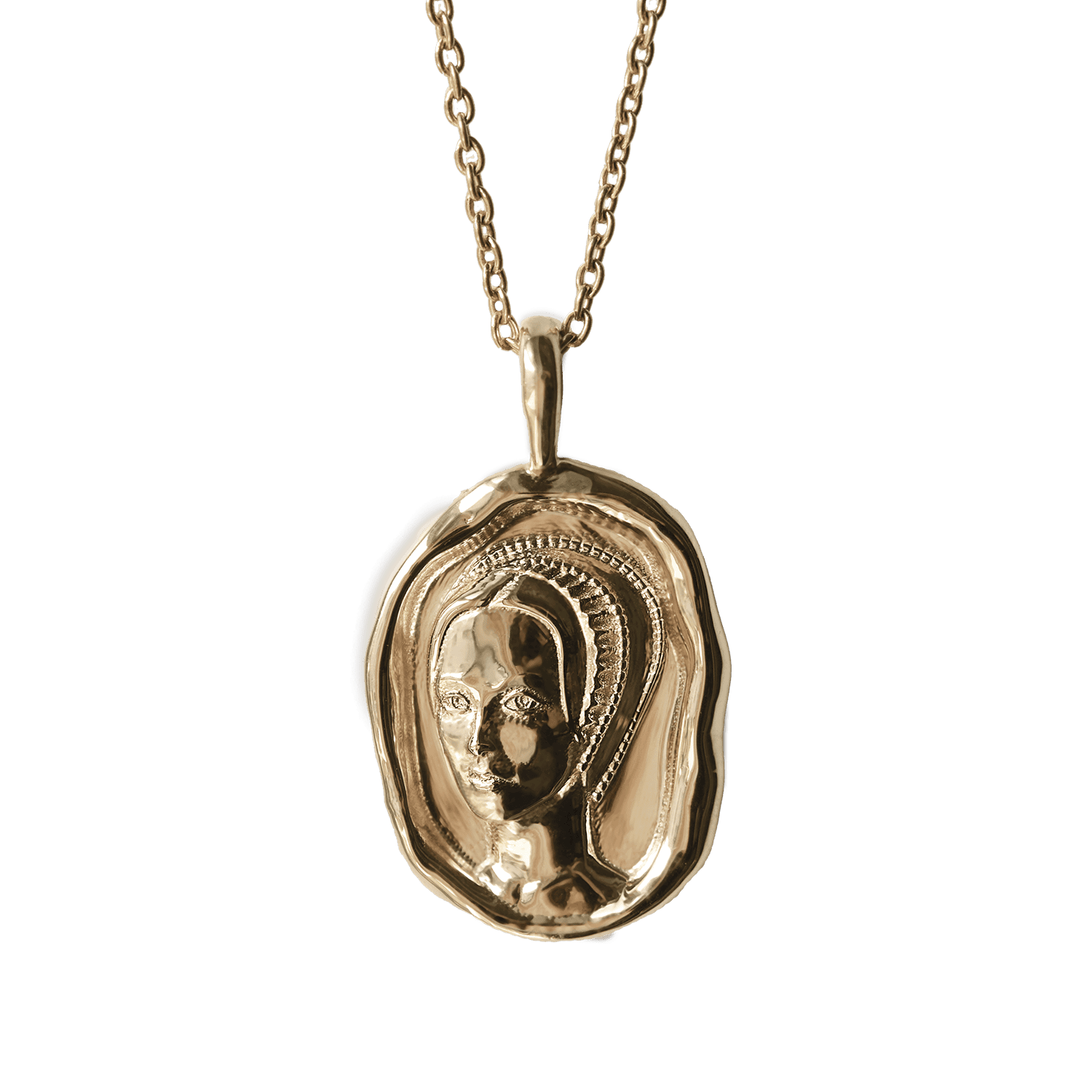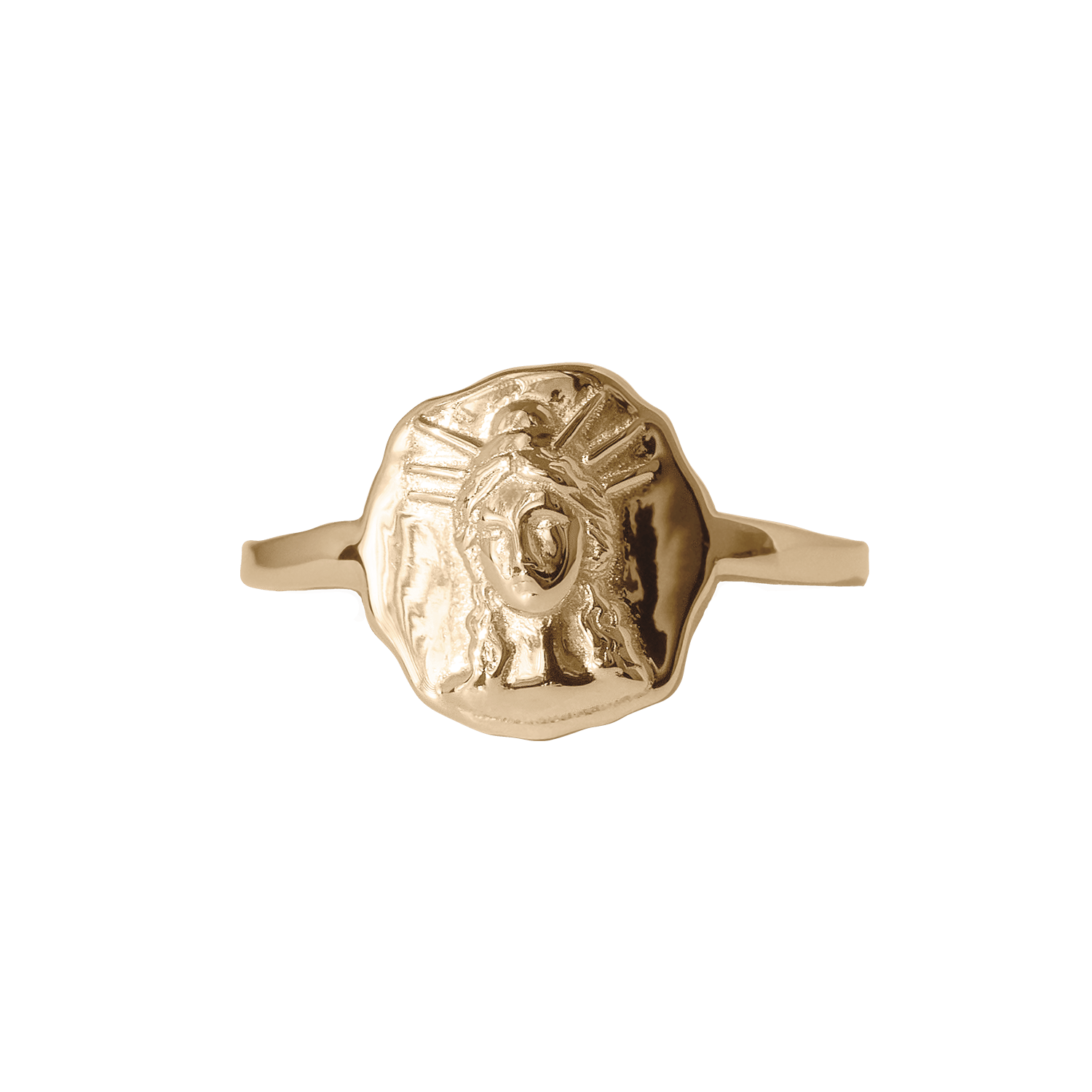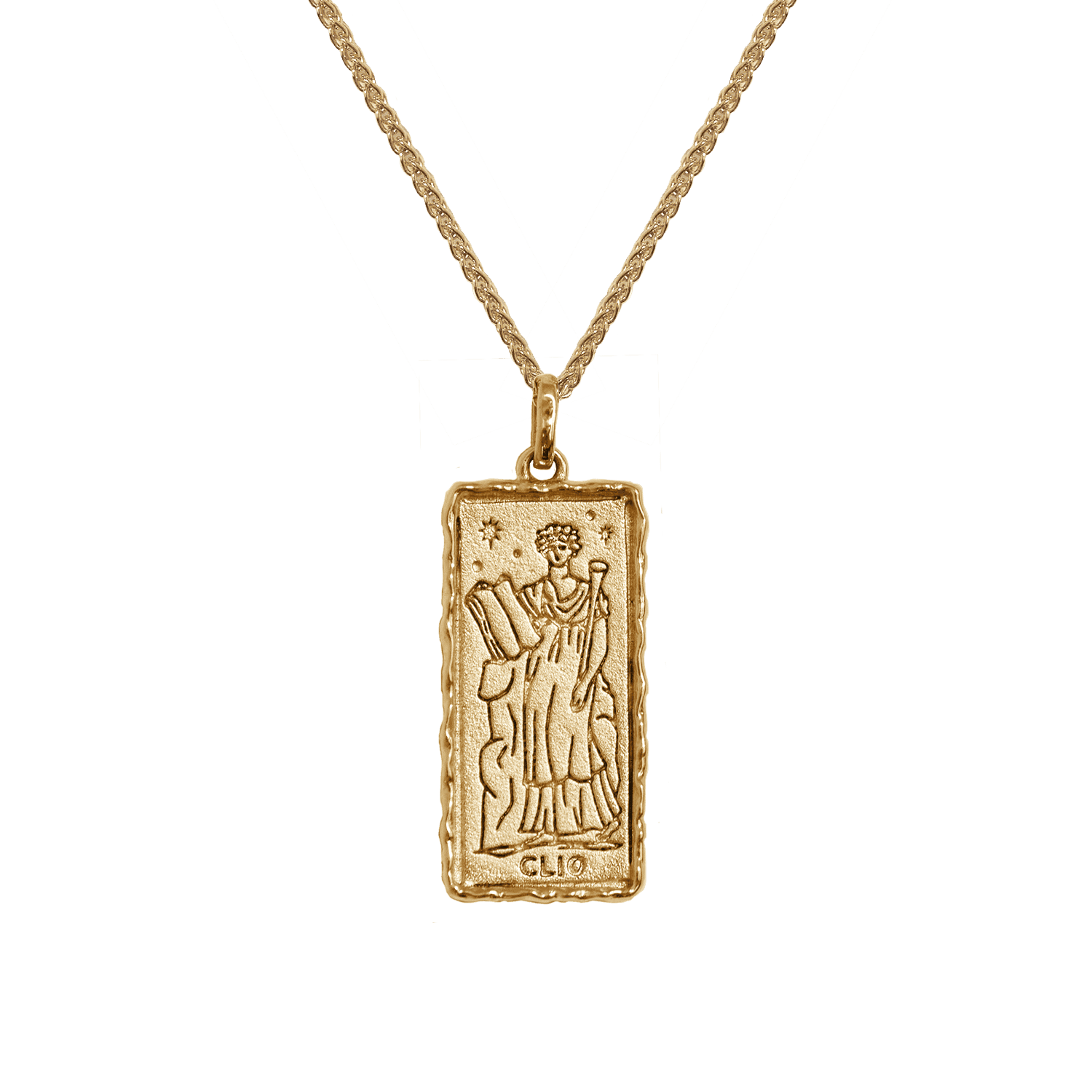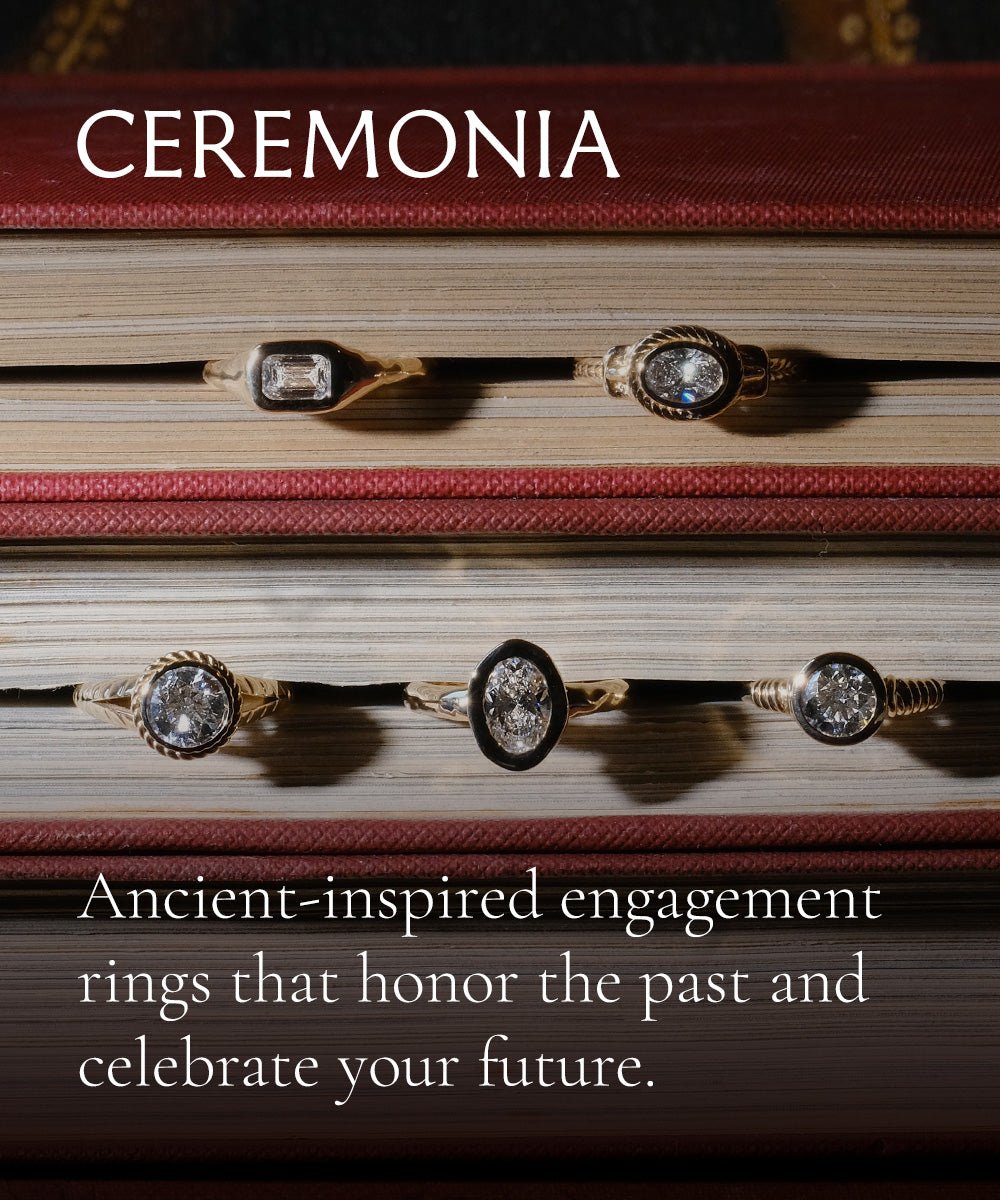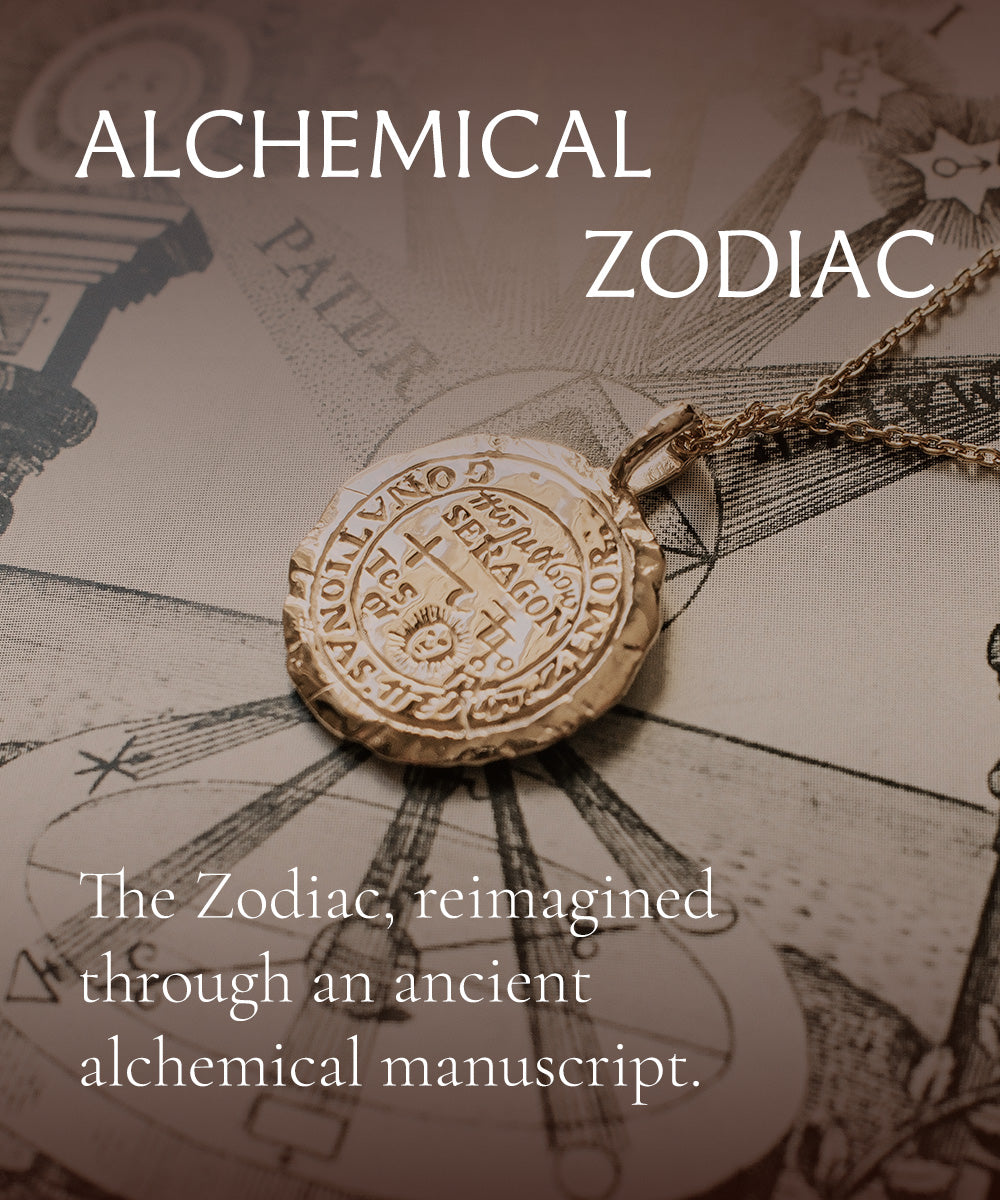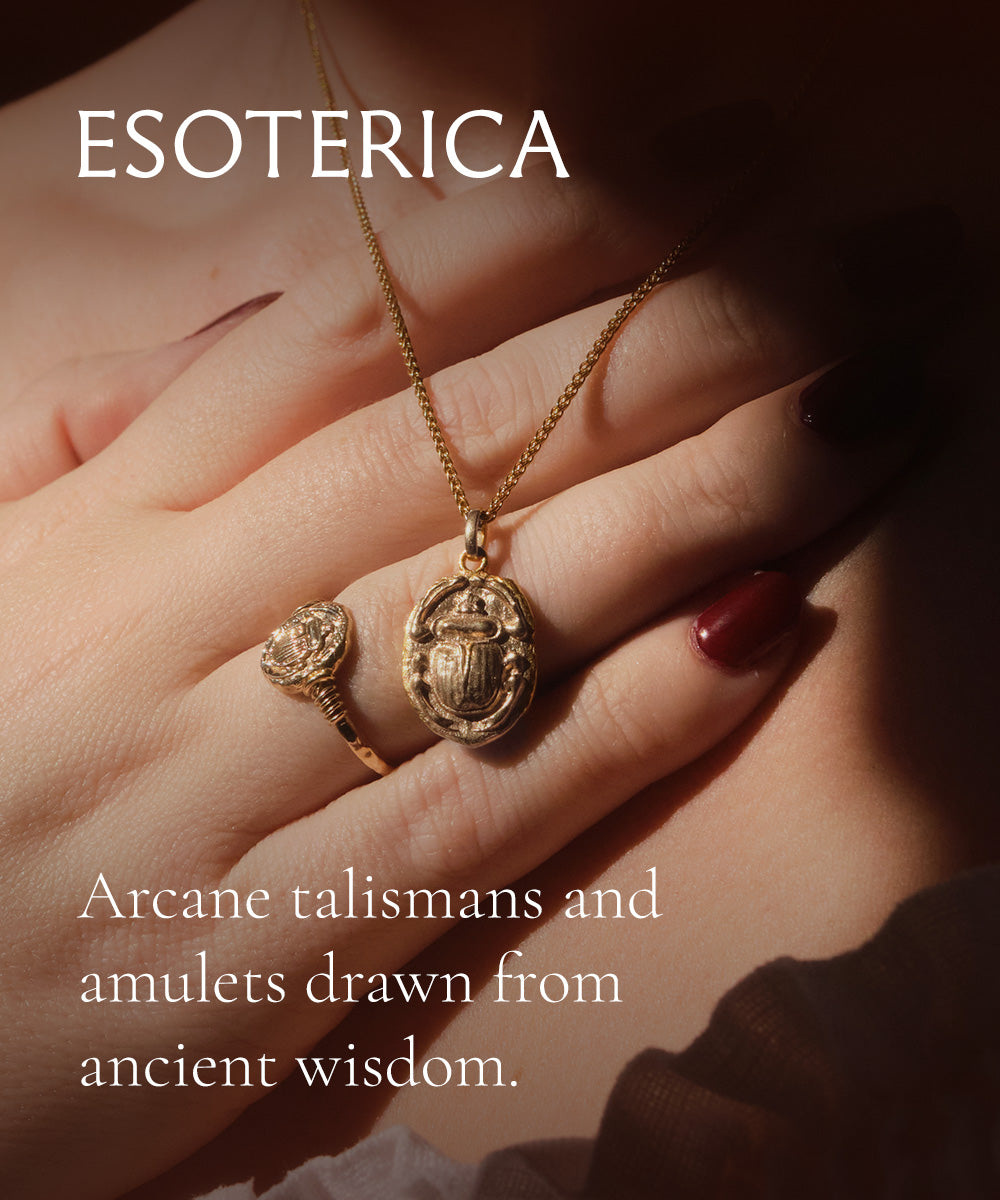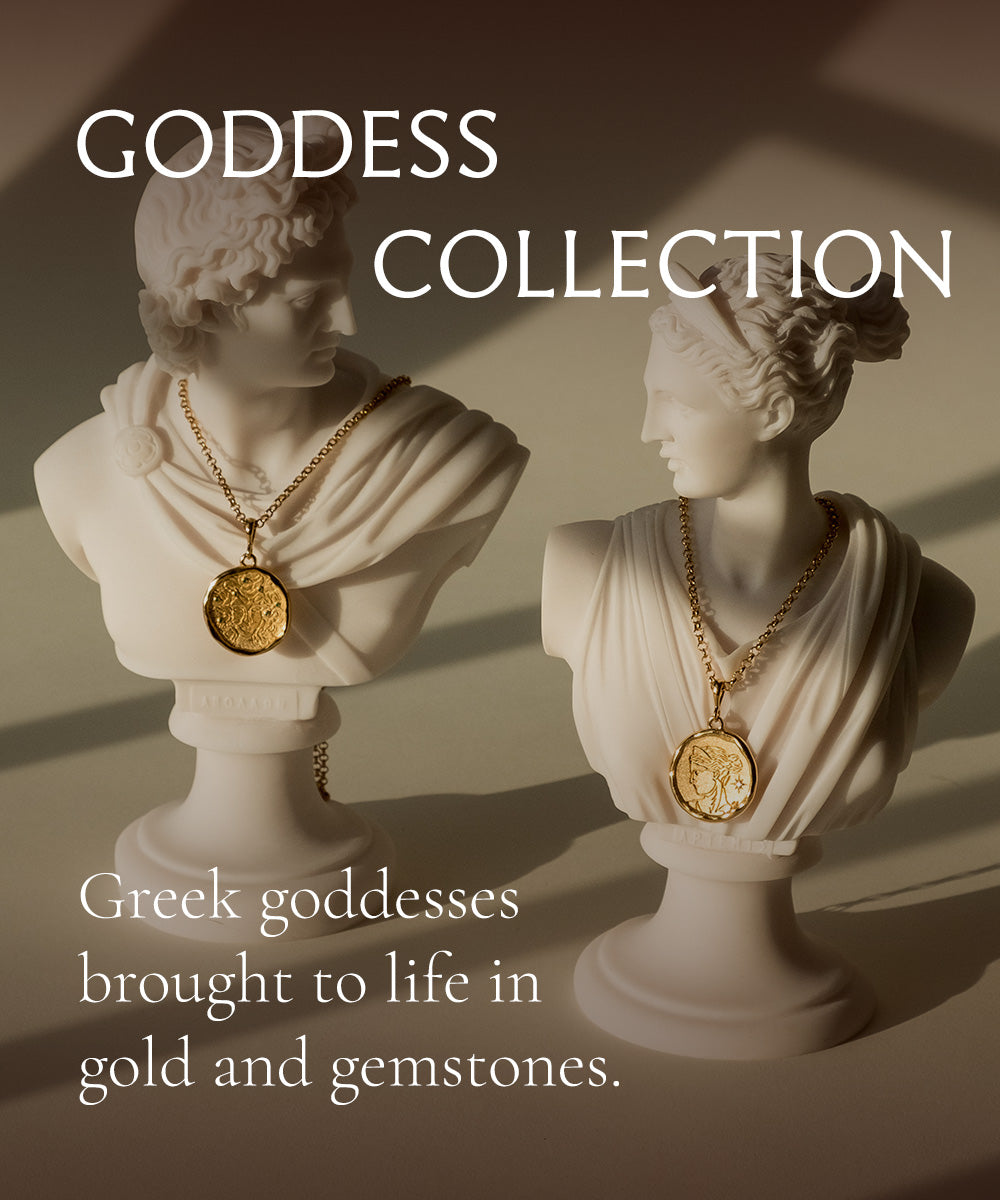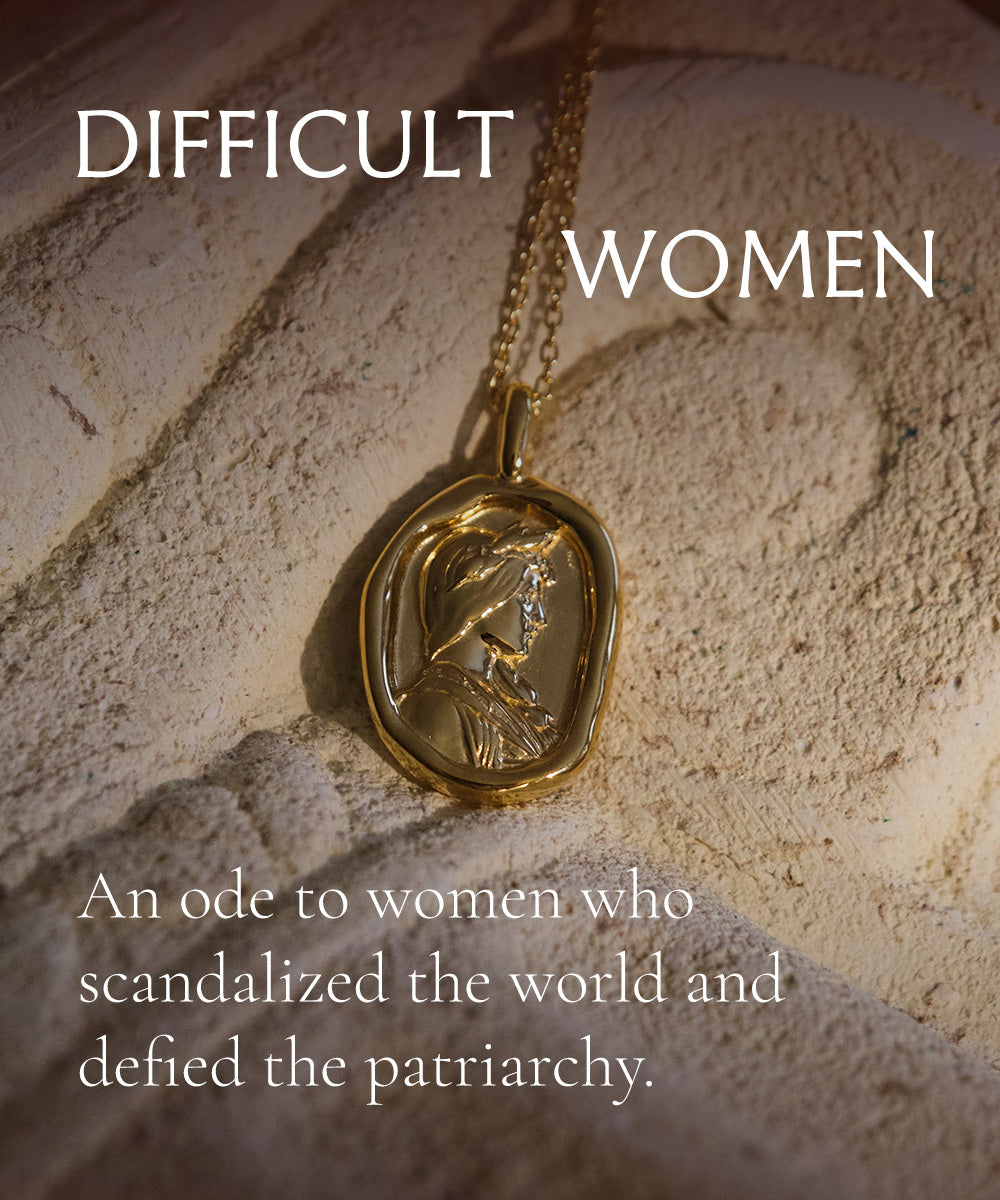Have you ever been in love?
Have you ever fallen asleep next to someone you trust with your heart? Have you had a small animal curl up in your lap, caught a glimpse of yourself in a mirror and felt your breath catch in your throat? Here, in this fluttering feeling, is Aphrodite, dreaming.
The goddess of love and beauty works all through the day and night. Through her starry eyes, golden Aphrodite sees a world full of unabashed love, and she has many strings to pull. The enchantress has many faces: puppy love, romantic love, enduring, platonic, and self love, even unrequited love. The latter is most painful, and therefore, the best to write about. Deeply in love with someone who did not return her feelings, Sappho wrote her famed hymn to Aphrodite, in which she begs the goddess for relief from her anguish.
The poetess of Lesbos was the first to describe love as “bittersweet.” It’s a common term, but when you let it linger on your tongue, you notice the strangeness of the word. What else in this world is simultaneously bitter and sweet? Love exists on the same plane as hate. Aphrodite slips her hand into that of Ares. And we are only human: we are jealous, we have feelings for those who do not return them, we change, grow apart, we falter and forget.
Mulling over this phenomenon, I am reminded of my Latin classes, where I was set to work translating poetry with my peers. Somewhere in between butchered pronunciations and dust motes flying off Latin dictionary pages was Catullus 85, which translates to something like:
“I hate, and I love. Why, perhaps you ask? / I know not. But I feel it happening, and I hurt.”
What Catullus so succinctly describes is the bittersweet essence of Aphrodite’s work. Though there is no simpler pleasure than to love and be loved, even in a healthy, successful relationship, it is never without pain.
I am in love. I have a deep, quiet love that we have tried our best to tend to thoughtfully, gently, and consistently. We are not perfect and neither is our relationship, but there is peace in recognizing that bitterness has a place. It keeps us from settling, it encourages communication, it makes us strive to be better for ourselves and each other. Love, it seems, is not a thing to be achieved, but is a long, winding journey that is more sweet than bitter. Ultimately, I am glad that someone exists that can make me feel that way in the first place.
The goddess of love has existed in every major polytheistic religion. She goes by many names: Ishtar, Bastet, Rati, Venus, Freyja, and so on, often religions will have multiple goddesses that represent love, lust, beauty and sex. There is sometimes a god or two, but clearly, the work that goes into nurturing relationships is seen as women’s work, as most emotional labor is.
Love and marriage simply cannot thrive when one person shoulders the emotional labor of keeping a relationship alive. Enduring love is a choice made by two. After the goddess draws you together, it is up to you to choose to stay in love.
There is a point here, and it’s that love is work. Aphrodite is never depicted as sitting back and enjoying her beautiful self. She is always working. She dreams of love blooming in all its forms, touching every heart, and she sparks those tender feelings in us, hoping and dreaming that we will taste its sweetness and learn to tend to it, share it with others, and allow it to make us softer, kinder, and better to each other.
Sing to Aphrodite when you’re laying in bed, watching the flutter of breath in their chest. Sing when you’re not in love, but you want to be, and trust your heart in the hands of the goddess. Sing when your chest is bursting because you have made the choice to love and be loved, and it is beautiful, sparkling, painful, unfaltering.
